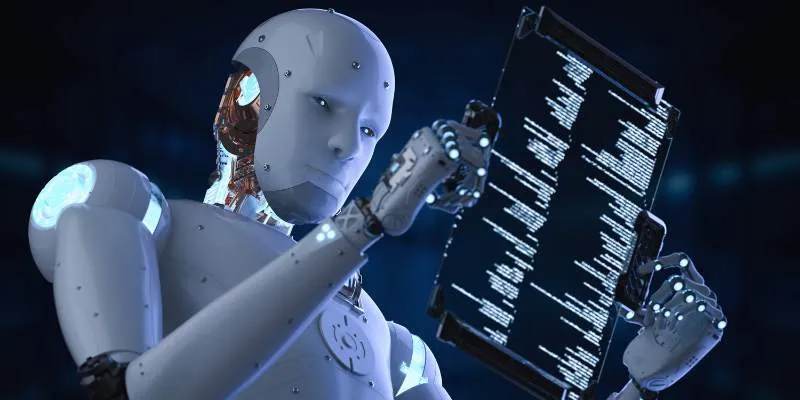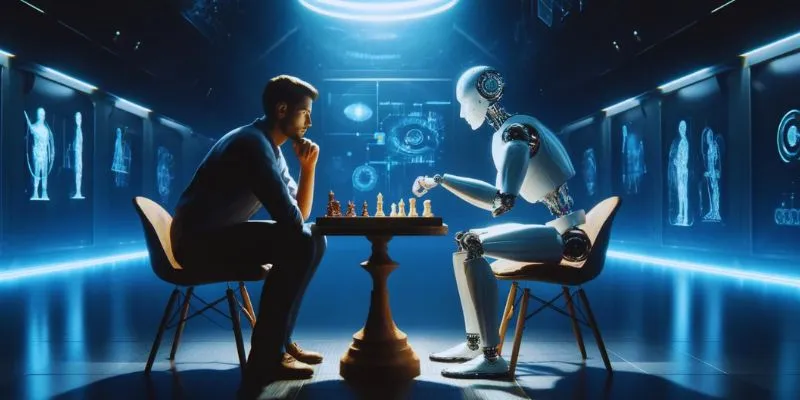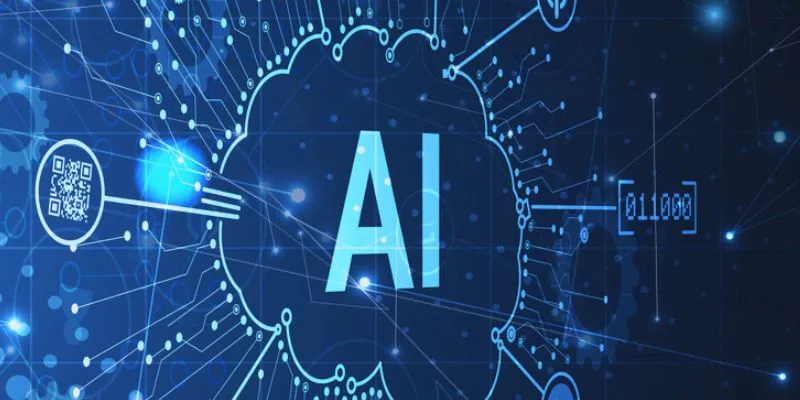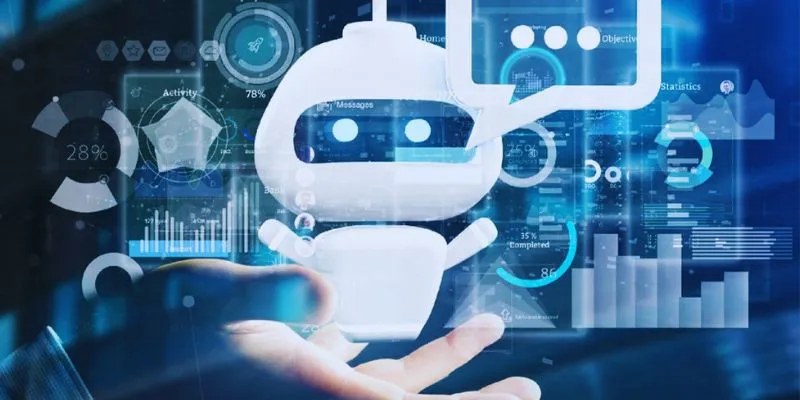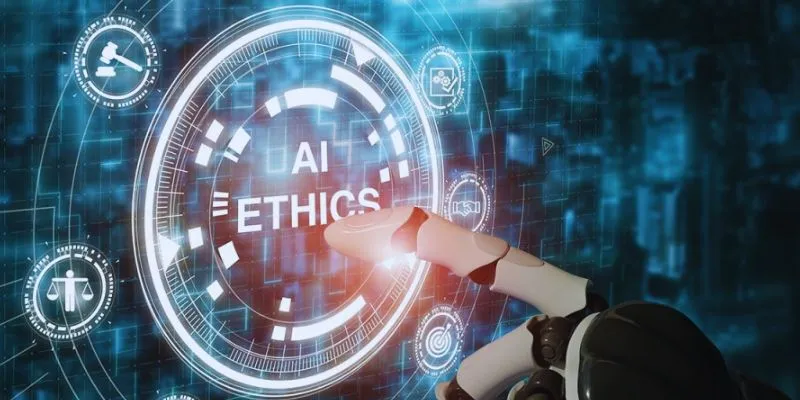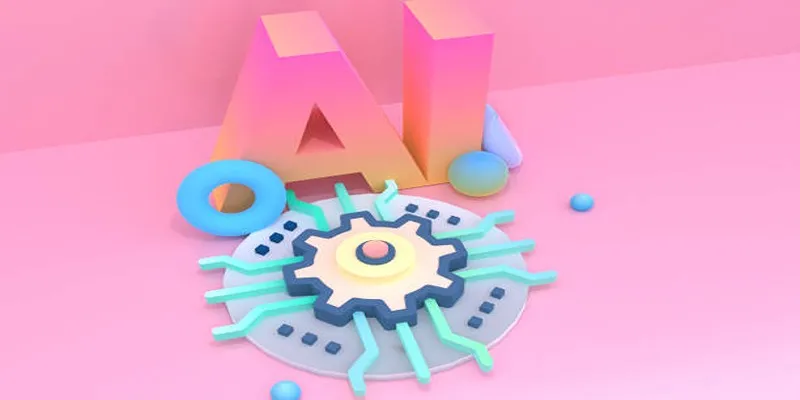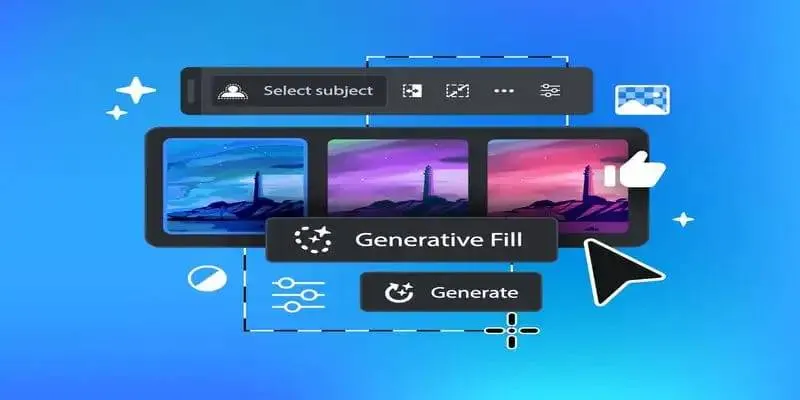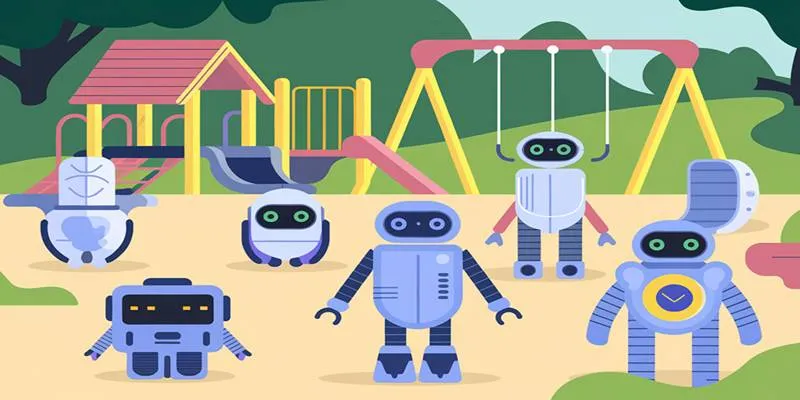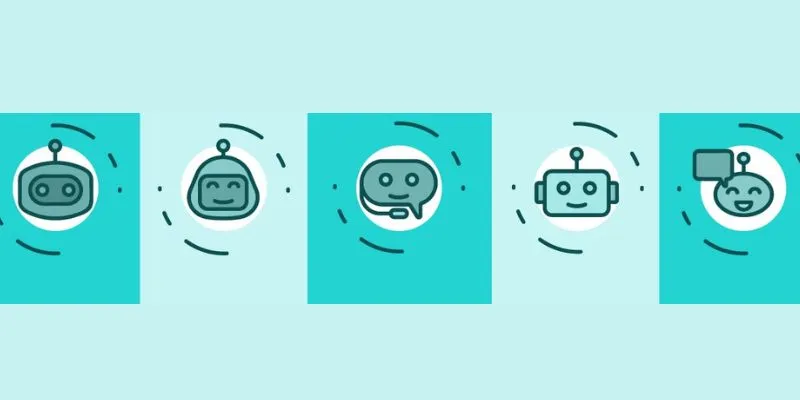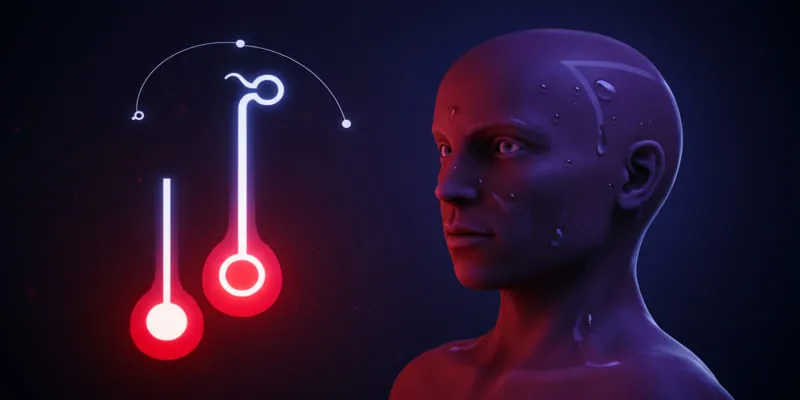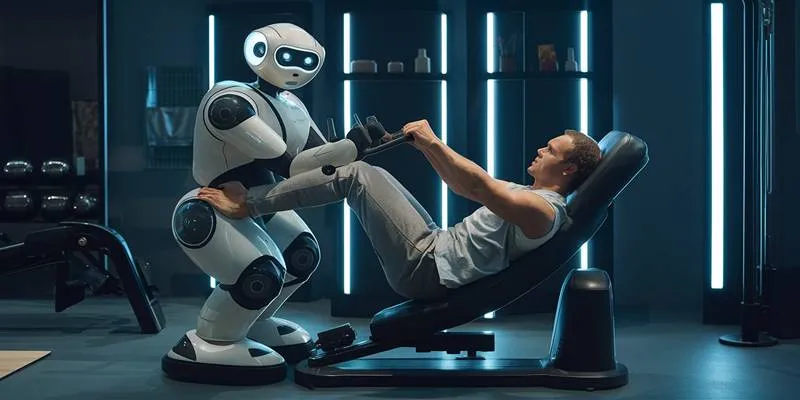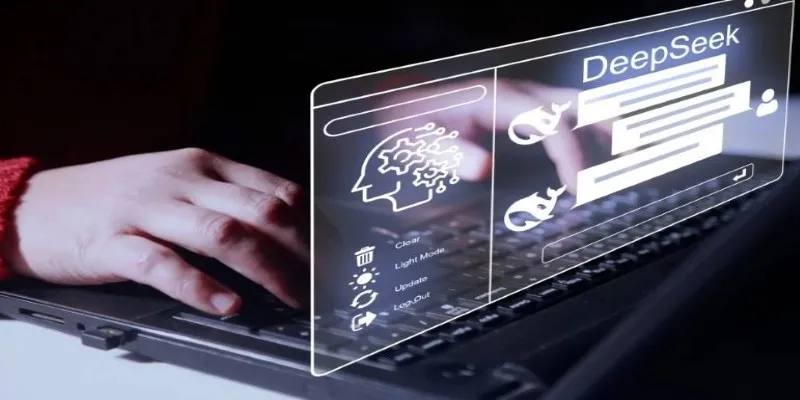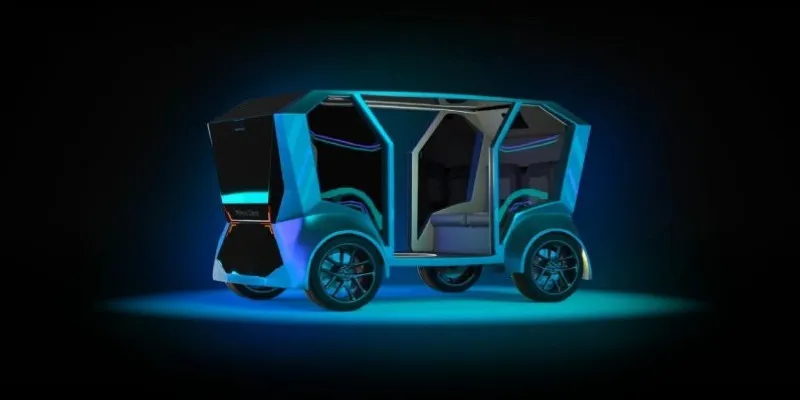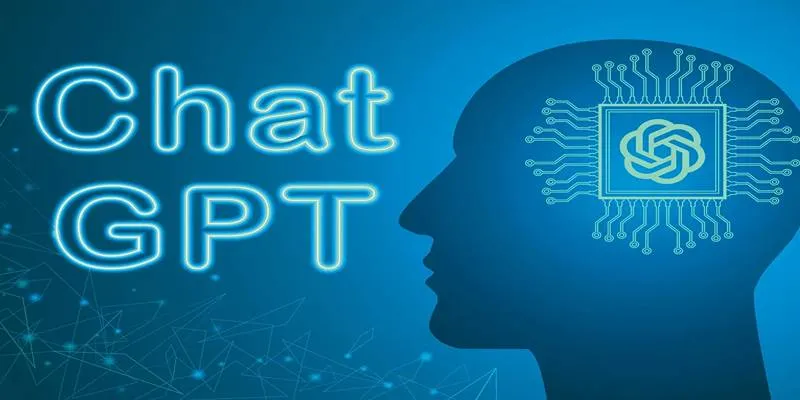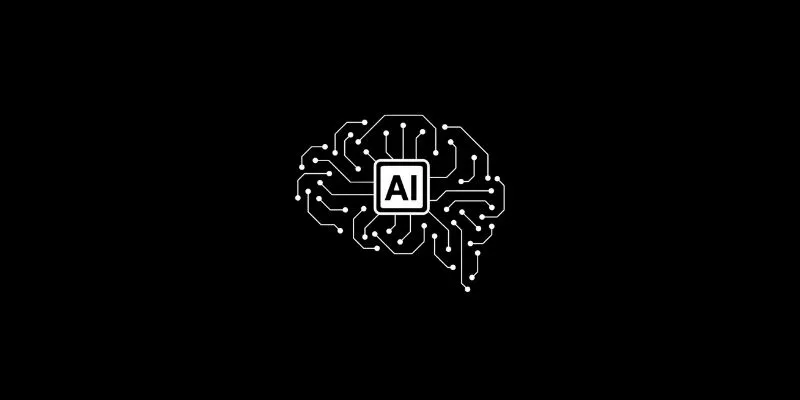
Imagine a world where your smartest colleague is a machine rather than a person. That world is already upon us. Artificial intelligence (AI) finds applications outside of factories and computer labs. Nowadays, it writes papers, reviews legal records, assists doctors, and even mentors students. Originally considered secure from automation, knowledge workers are beginning to see AI replace some aspects of their employment. This change generates opportunities, concerns, and anxiety.
Will AI replace programmers, analysts, or authors? The nature of labor is fast changing as AI gets faster and smarter. What happens when AI visits knowledge workers? In this article, you will learn what is happening, what might happen going forward, and how businesses and employees might adjust.
Understanding Knowledge Work
Knowledge work is primarily thought-driven; physical tasks are secondary. It encompasses writing, designing, teaching, and coding, among other professions. People used to think machines could never perform these tasks. Many felt only humans possessed the necessary creativity and judgment. But that view is rapidly shifting as AI develops.
Learning from vast data sets, generative AI systems can now create, design, and write software. These tools understand language, visuals, and even tone. They handle complex tasks faster than humans. While AI might provide a first draft, humans still edit and critique. Although the computer might do half of a task, it hardly replaces everything. Knowledge labor will thus not disappear but will rather undergo a profound transformation. Human employees must be flexible and change roles, learning to see AI as a tool, not just a job threat.
Real-World Examples of AI in Action
AI is already altering the employment patterns of many professionals. Tools like ChatGPT enable writers to draft more quickly. Lawyers use AI to examine case files. Bots assist teachers in managing their classes. In healthcare, AI analyzes X-rays to identify diseases. In banking, AI provides smart investment advice and detects fraud. AI chatbots help customer service personnel answer routine questions. These systems save both time and money. Software developers also experience the change.
Modern tools like GitHub Copilot can offer entire lines of code immediately. Tasks that once took hours now translate into minutes. These real-world examples indicate that AI is evolving beyond simple assistance. It is starting to be a digital coworker—companies appreciate its speed and financial savings. However, employees are uncertain. Are their roles safe? The rapid pace of change makes the future uncertain, but these tools are here to stay. Workers must adapt to remain relevant in the AI-driven knowledge work landscape.

Workers’ Concerns About AI
Workers in knowledge fields worry about AI taking their jobs. People feel replaced when machines can complete jobs cheaply and faster. The anxiety transcends mere employment loss. Many fear their work will lose significance. People enjoy helping others, solving issues, and creating. If machines can do all that, what will be left for humans?
Others worry that only large corporations can afford advanced artificial intelligence technologies, which could widen the gap between big companies and startups. As automation grows, workers in underdeveloped nations could miss opportunities. There’s also a trust issue. Many people lack a full understanding of AI and worry about errors or unfair decisions made by AI systems. Using tools one does not trust under pressure can cause mistakes. Although confidence in artificial intelligence systems is rising cautiously, workers will remain nervous until it is fully addressed. These genuine concerns must be addressed for AI to be used sensibly and fairly.

Corporate Responses to AI Advancements
Businesses are responding to AI in distinct ways. Some see AI as a major development opportunity and a financial savings tool. They are investing in tools, education, and automation to cut expenses and speed up tasks. Others are more cautious. They recognize that not all work should be automated and prefer to use AI as a complement to employees rather than a replacement. For instance, a human might edit content generated by AI.
Upskilling their teams is also a smart business move. Companies are teaching employees how to use AI tools efficiently and are redefining roles. Jobs may shift from task completion to monitoring or verifying AI outputs. These initiatives can help employees remain valuable and needed. However, success requires long-term planning, investment, and preparation. Companies that support their employees through these transformations are more likely to flourish. Businesses risk losing trust, talent, and long-term success if they only focus on job elimination.
The Future of Work with AI
The future of knowledge jobs will look quite different. As machines handle mundane tasks, some jobs will disappear, while others will evolve, requiring new skills and ways of thinking. New roles will emerge, particularly in maintaining and enhancing AI systems. Although AI will impact nearly every job, it won’t replace all. Employees will need to acquire machine handling skills, including knowing how to fact-check, guide, and prompt AI.
People will also need strong soft skills. AI cannot replace human leadership, empathy, or artistic judgment, which will become increasingly valued. Schools and governments have roles to play as well. People must be prepared for this new world through education, and laws must protect workers to ensure the fair application of AI. Without action, some may fall behind while others move ahead quickly. Though the future is bright, we must collaborate to ensure it is fair and safe for everyone.
Conclusion
Artificial intelligence is changing knowledge work faster than most people predicted. While this fuels anxiety about employment loss, it presents new opportunities for innovation, growth, and improved collaboration. Humans bring something AI cannot: empathy, leadership, and deep knowledge. Those who guide, upskill, and adapt to AI will remain invaluable. Businesses must support this shift with ethics and training. The future is about people and machines working together, not against each other.
For further reading on AI and its impact on the workforce, explore resources like the World Economic Forum or MIT Technology Review.
 zfn9
zfn9
